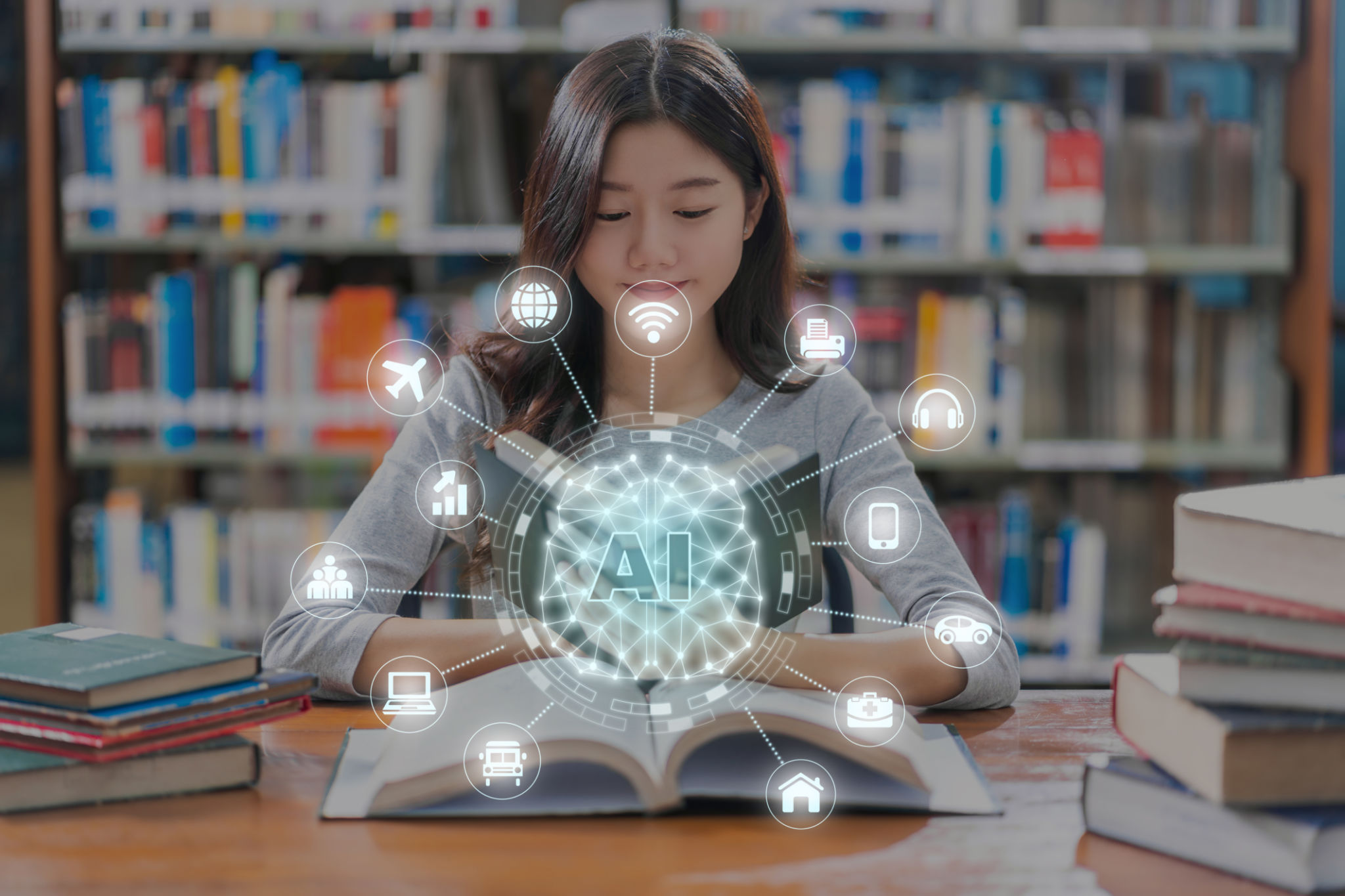The Role of AI in University Partnerships for Successful Tech Transfer
The Growing Importance of AI in University Partnerships
As technology continues to evolve at a rapid pace, universities have become pivotal players in the development and transfer of new technologies. Partnerships between universities and industries are essential for bridging the gap between academic research and practical application. Within this dynamic landscape, artificial intelligence (AI) is playing an increasingly significant role. AI is not only accelerating research processes but also enhancing collaboration and innovation in tech transfer initiatives.

Enhancing Research Capabilities with AI
AI technologies are transforming the way universities conduct research by providing powerful tools for data analysis, pattern recognition, and predictive modeling. These capabilities allow researchers to process vast amounts of data more efficiently, leading to faster discoveries and innovations. For example, AI-driven algorithms can analyze complex datasets from various fields such as genomics, materials science, and environmental studies, thereby opening up new avenues for groundbreaking research.
Moreover, AI systems can assist in automating repetitive tasks, freeing up researchers' time to focus on more creative and strategic aspects of their work. This increased efficiency not only accelerates the research process but also enhances the quality and depth of academic investigations.
Facilitating Industry Collaboration
University-industry partnerships are crucial for translating academic research into market-ready technologies. AI plays a vital role in facilitating these collaborations by offering platforms for seamless communication and knowledge exchange. By leveraging AI-powered collaboration tools, universities and businesses can work together more effectively, sharing insights and resources in real time.

Additionally, AI can help identify potential partners by analyzing organizational needs and capabilities, ensuring that collaborations are strategically aligned and mutually beneficial. This targeted approach to partnership development enhances the success rate of tech transfer initiatives.
AI in Intellectual Property Management
Managing intellectual property (IP) is a critical aspect of tech transfer. AI technologies can streamline IP management by automating tasks such as patent searches, prior art analysis, and contract management. This automation reduces the time and cost associated with IP management, allowing universities to focus on innovation and commercialization activities.
Furthermore, AI can assist in predicting the commercial potential of new technologies by analyzing market trends and consumer behavior. This data-driven approach empowers universities to make informed decisions about which innovations to pursue and invest in.

Overcoming Challenges with AI
While AI offers numerous benefits, integrating these technologies into university partnerships is not without challenges. Issues such as data privacy, ethical considerations, and the need for skilled personnel must be addressed to ensure successful AI implementation. Universities need to establish clear guidelines and frameworks for the ethical use of AI in research and collaboration activities.
Continuous education and training programs are essential to equip researchers and industry partners with the skills needed to harness AI effectively. By fostering a culture of learning and adaptation, universities can overcome these challenges and maximize the benefits of AI in tech transfer.
The Future of Tech Transfer with AI
The role of AI in university partnerships is set to expand as technology continues to advance. With ongoing developments in machine learning, natural language processing, and data analytics, AI will become an even more integral part of the tech transfer ecosystem. Universities that embrace AI-driven solutions will be at the forefront of innovation, driving economic growth and societal progress.
In conclusion, AI presents immense opportunities for enhancing university partnerships and facilitating successful tech transfer. By leveraging AI technologies, universities can accelerate research, foster industry collaboration, and manage intellectual property more efficiently. As we look to the future, embracing AI will be key to unlocking the full potential of academic research and its impact on the world.
